
Are you gearing up for an exciting adventure to China? You're in for a treat! Whether it's the mouthwatering cuisine, breathtaking landscapes, bustling shopping districts, or vibrant festivals, China has something to captivate every traveler’s heart.
Now, I know many of you are seasoned explorers, but China has its own unique quirks and customs that make it special. From understanding when to tip, to discovering the best apps for navigating the city, or even figuring out how locals interact—there’s plenty to learn.
This travel tips guide is packed with all those little nuggets of wisdom I wish I’d known before my first trip: the best payment methods, how to communicate effectively, cultural etiquette, navigating transport systems, and staying connected with ease. Trust me, this guide is tailored to meet your needs, offering straightforward, no-fluff advice that’ll actually help when you’re on the ground.
And hey, while you’re planning, don’t forget to check out Flights to China and Hotels in China to make your trip smooth sailing.
So, let’s jump into the travel tips and get you all set for your China adventure!🧭🎒
Things to do in Beijing
1. Language & Communication Tips in China
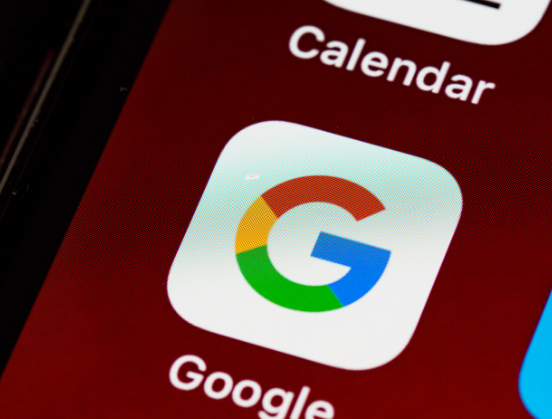
As someone who’s “been there, done that,” I’m here to help you navigate the language and communication landscape in this fascinating country. Let’s dive into some practical tips to make your journey smoother and more enjoyable!
General Language Environment 🗣️
In China, Mandarin Chinese is the official language and is widely spoken across the country. However, you'll find various dialects like Cantonese in regions such as Guangdong and Hong Kong. English is more commonly understood in major cities like Beijing and Shanghai, especially in tourist areas, but less so in rural areas. If you're used to English being widely spoken, be prepared for some language barriers in smaller towns.
Apps & Digital Helpers 📱
To bridge the language gap, translation apps are your best friend! Here are some top picks:
- Pleco: Great for translating Chinese characters and works offline.
- Google Translate: Useful for text and voice translations, but remember that Google services are blocked in China, so download offline translations before you go.
- Baidu Translate: A local favorite that offers reliable translations and works well within China.
Cultural Communication Norms 🤝
Chinese communication can be direct or indirect depending on the context. People generally speak softly and politely, and it's common to use gestures. However, avoid pointing with your finger; use your whole hand instead. When interacting with locals, showing respect and patience goes a long way.
Common Phrases Table 🗨️
Here's a handy table of phrases to help you out:
English Phrase | Local Language (Script) | Romanization | When to Use |
Hello | 你好 | Nǐ hǎo | When greeting someone politely |
Thank you | 谢谢 | Xièxiè | After receiving help or service |
Where is the toilet? | 厕所在哪里? | Cèsuǒ zài nǎlǐ? | Asking for restrooms |
I don’t understand | 我听不懂 | Wǒ tīng bù dǒng | If someone speaks too quickly |
How much is this? | 这个多少钱? | Zhège duōshǎo qián? | While shopping 🛍️ |
Excuse me | 劳驾 | Láojià | Getting someone's attention politely |
Final Tip 🌟
Before heading out, screenshot your hotel address in Chinese to show taxi drivers or locals if needed. Also, consider carrying bilingual business cards or notes with key phrases. This can be a lifesaver when communication gets tricky!
Cheap flight from Jakarta to Beijing
- Satu Arah
- Pulang-Pergi
- direct cheapest
 CGK01:457h 10mLangsungPEK09:55Jakarta - Beijing|Sen, 23 Mar|Air China (CA)£154£18617% off17% off£186£154
CGK01:457h 10mLangsungPEK09:55Jakarta - Beijing|Sen, 23 Mar|Air China (CA)£154£18617% off17% off£186£154  CGK01:457h 10mLangsungPEK09:55Jakarta - Beijing|Sel, 17 Mar|Air China (CA)£154£18617% off17% off£186£154
CGK01:457h 10mLangsungPEK09:55Jakarta - Beijing|Sel, 17 Mar|Air China (CA)£154£18617% off17% off£186£154 CGK22:1524h 50m2 stopsPKX00:05Jakarta - Beijing|Sel, 5 Mei|Scoot Airlines£114£18639% off39% off£186£114
CGK22:1524h 50m2 stopsPKX00:05Jakarta - Beijing|Sel, 5 Mei|Scoot Airlines£114£18639% off39% off£186£114 JKT1:00 PM3h 5mLangsungBJS2:00 PMJakarta - Beijing|Wed, Mar 4|Air China (CA)Temukan Penerbangan LainnyaTemukan Penerbangan Lainnya
JKT1:00 PM3h 5mLangsungBJS2:00 PMJakarta - Beijing|Wed, Mar 4|Air China (CA)Temukan Penerbangan LainnyaTemukan Penerbangan Lainnya
Harga penerbangan yang ditampilkan dari ${{departCityName}} ke ${{arrivalCityName}} didasarkan pada rata-rata harga berbagai maskapai untuk 3 bulan ke depan, menurut basis data terbaru Trip.com.
2. Navigating Payment Methods & Must-Have Apps in China

Here's your go-to guide for navigating the payment landscape and essential apps to make your journey smooth and enjoyable. Whether you're grabbing a bite, hailing a ride, or exploring the vibrant markets, understanding the local payment methods and popular apps will enhance your travel experience. Let's dive in! 💳📱💸
Cash vs. Card vs. Mobile Payments
In China, mobile payments reign supreme! 📱💸 While cash is still accepted, especially in rural areas or small markets, most urban transactions are done through mobile payment platforms. Credit and debit cards (Visa, MasterCard) are accepted in larger hotels and international stores, but not as widely as you might expect. Contactless payments like Apple Pay and Google Pay are not as prevalent, so it's best to rely on local mobile wallets.
Mobile Wallets & Local Apps
The two giants in China's mobile payment scene are WeChat Pay and Alipay. These apps are used for everything from buying groceries to paying utility bills. Foreigners can now register for these services using an international credit card, making it easier to integrate into the local payment ecosystem. However, having some cash on hand is always a good backup plan.
Bank ATMs & Currency Exchange
Withdrawing cash in China is straightforward, with ATMs widely available in cities. However, be aware of potential fees from your home bank. It's advisable to use ATMs located in banks for safety. Currency exchange is best done at banks or authorized money changers rather than at airports, where rates might not be as favorable.
Popular Everyday Apps
To make your stay in China even more convenient, here are some must-have apps:
- Transport: Didi 🚗 - The go-to ride-hailing app, similar to Uber.
- Messaging: WeChat 💬 - Essential for communication, social networking, and even payments.
- Delivery: Meituan 🍱 - Offers food delivery and more, perfect for when you're craving local cuisine.
- Maps: Baidu Maps 🗺️ - A reliable alternative to Google Maps, with detailed local information.
Optional App Reference Table
App Type | App Name | Notes / Use Case |
E-Wallet | Alipay | Widely used for all types of transactions |
Ride-Hailing | Didi | Popular for getting around in cities |
Delivery | Meituan | Fast food and service delivery in urban areas 🍜 |
Messaging | Used by everyone for messaging and payments |
Pro Tips
- Download all apps before you arrive to avoid any registration delays due to SIM card issues.
- Keep some small notes handy for local markets—they often don't accept mobile payments.
- Consider a tourist SIM card that might come bundled with discounts for these apps, enhancing your travel experience.
Cheap Hotel in Beijing
3. Tipping & Service Etiquette in China
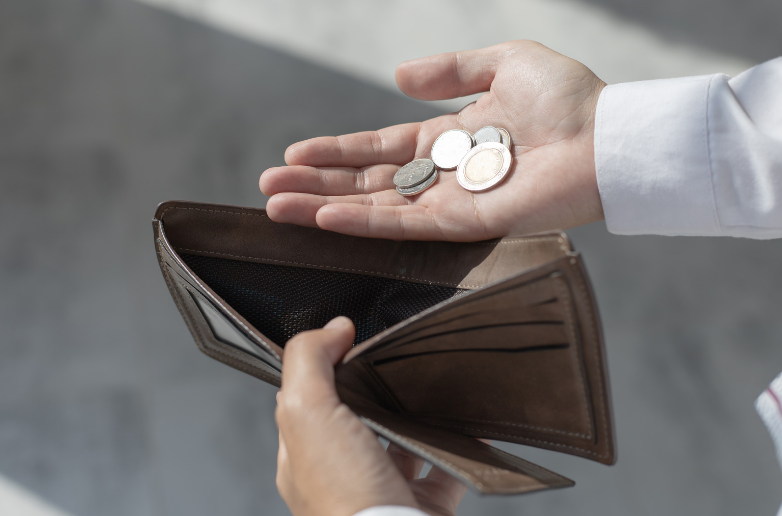
Understanding the local tipping and service etiquette can enhance your travel experience and help you navigate social norms with ease. Here's a straightforward guide to help you feel confident and culturally aware during your visit.
Tipping Culture Overview
In China, tipping is generally not a common practice and is often not expected. In many places, such as local restaurants and taxis, tipping might even be seen as unusual or unnecessary. However, in more tourist-oriented areas or high-end establishments, a small tip might be appreciated but is still optional. It's important to note that some restaurants may include a service charge in the bill, so always check before deciding to tip. 🍽️
Where and How Much to Tip
Here's a quick guide on tipping expectations across different services:
- 🏨 Hotels: In luxury hotels, tipping bellboys or housekeeping staff is appreciated. A small tip of 10-20 RMB for bellboys or leaving a similar amount for housekeeping is a nice gesture.
- 🍽️ Restaurants: Tipping is not customary in most local eateries. In upscale or international restaurants, you might round up the bill or leave a 5-10% tip if no service charge is included.
- 🚕 Taxis: Tipping taxi drivers is not expected. Rounding up to the nearest yuan is a simple way to show appreciation if you wish.
- 💇♂️ Salons, Spas, Massage Parlours: Tipping is not common, but if you receive exceptional service, a small tip of 10-20 RMB can be given directly to the service provider.
How to Tip
If you decide to tip, it's usually done in cash and handed directly to the person. Digital tipping via apps is not a widespread practice in China, so it's best to have some small notes on hand. 💵
Cultural Nuance or Caution
A unique cultural nuance in China is that refusing a tip might be seen as polite humility rather than rejection. If your tip is declined, don't insist—it's often a sign of good manners. Also, avoid tipping with coins, as they are generally not considered appropriate for tipping.
Pro Tips & Wrap-up
When in doubt, remember that tipping is not a big part of Chinese culture, and small gestures are more than enough. If you're unsure, rounding up a little is always appreciated 🙏.
Cheap Hotel in Beijing
4. Safety & Emergency Info in China
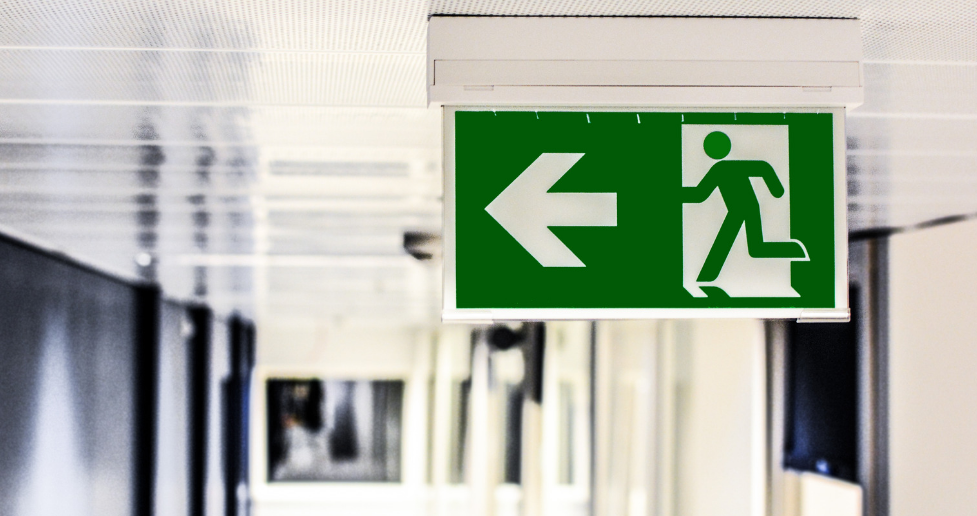
Here's a practical guide to help you stay safe and enjoy your trip with peace of mind. Whether you're exploring bustling cities or serene landscapes, understanding local safety practices will ensure a smooth journey.
Overall Safety Snapshot
China is generally a safe destination for travelers. Crime rates are relatively low, and most areas, including major cities, feel secure even at night. However, like in any large country, petty theft such as pickpocketing can occur, especially in crowded places. Staying vigilant and aware of your surroundings will help you avoid any issues. 🧳
Top Local Safety Tips
Here are some essential safety practices to keep in mind:
- Be alert in crowded places 👜: Keep your belongings close and be cautious in busy markets or public transport.
- Use official taxis or ride-hailing apps 🚕: Opt for services like Didi to ensure safe and reliable transportation.
- Avoid certain areas late at night 🌙: While most places are safe, it's wise to stick to well-lit and populated areas after dark.
- Don’t flash valuables in public 💍: Keep expensive items like jewelry and electronics discreetly stored.
Emergency Contacts Table
Here's a handy list of emergency numbers to keep with you:
Emergency Type | Local Number | Notes |
Police 👮 | 110 | For theft or suspicious activity |
Ambulance 🚑 | 120 | Public hospitals may require upfront payment |
Fire 🚒 | 119 | Rarely needed but good to know |
Tourist Helpline ☎️ | 12301 | English-speaking line in some cities |
Medical Access & Pharmacies
Finding medical care in China is relatively straightforward, with clinics and hospitals available in urban areas. However, English-speaking staff may not always be present, so it's wise to have basic medications on hand. Consider bringing fever meds and motion sickness tablets, as pharmacy advice may be in the local language. 🏥
Cultural Notes
Chinese locals are generally very helpful and will often go out of their way to assist you, even if there's a language barrier. Public disputes are rare, as people value harmony and social order. If you need directions or help, don't hesitate to ask—gestures and translation apps can bridge any communication gaps. 😊
Closing Reassurance
China is generally a safe destination for travelers—just follow basic common sense and you’ll be fine. Enjoy your adventure and embrace the rich culture and history that China has to offer! 👍
5. Cultural Etiquette & Local Customs in China
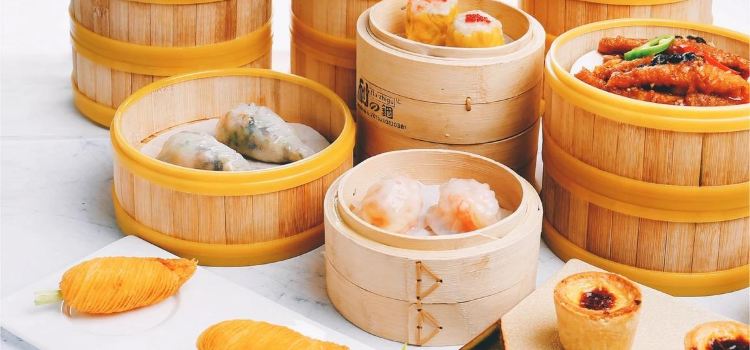
Here's a friendly guide to help you navigate the cultural etiquette and local customs, ensuring you feel prepared and confident during your visit. Understanding these nuances will help you connect with locals and avoid any awkward moments.
General Cultural Vibe
In China, people generally exhibit a mix of reserved and expressive behaviors, depending on the context. In public, you'll find that politeness and respect are highly valued. Formality is common in business settings, while social interactions can be more relaxed. Being courteous and showing respect for elders and authority figures is important. 🙏
Etiquette Do’s & Don’ts
Here are some key etiquette tips to keep in mind:
- Take off shoes before entering a home 👟: It's customary to remove your shoes when visiting someone's home.
- Avoid touching someone’s head 🙅♀️: The head is considered sacred, so avoid touching it, especially with children.
- Don’t point with your feet 🦶: Feet are considered the lowest part of the body, so avoid pointing them at people or sacred objects.
- Use both hands to give/receive items 🤲: This shows respect and appreciation.
- Avoid public displays of affection 💏: Such displays are generally considered inappropriate in public settings.
Dining Etiquette 🍽️
Meals in China are often served family-style with shared dishes. It's polite to wait for the host to start eating before you begin. Slurping noodles is acceptable and can be seen as a compliment to the chef. When using chopsticks, avoid sticking them upright in your rice, as this resembles incense used at funerals.
Dress Code & Body Language
While urban areas are quite modern, modesty is appreciated, especially when visiting temples 🛕 or rural areas. Dress conservatively in these settings. Avoid finger-pointing and beckoning with your palm up, as these gestures can be considered rude.
Interaction Norms
When greeting someone, a slight nod or handshake is common. Bowing is not a traditional Chinese greeting but may be used in formal settings. Small talk is appreciated, and topics like family or food are safe choices. Directness is valued in business, but subtlety is often preferred in social interactions.
Cultural Curiosity Note
Locals appreciate it when visitors try to follow their customs—even small gestures like saying "ni hao" (hello) in the local language go a long way 😊. Being open and respectful will enrich your experience and help you build meaningful connections.
6. Public Holidays & Travel Seasons in China

Here's a quick guide to help you navigate public holidays and travel seasons, ensuring a smooth and enjoyable journey. Whether you're looking to avoid crowds or immerse yourself in local festivities, understanding these key dates will help you plan effectively.
Public Holiday Highlights
- Lunar New Year (Spring Festival) 🧧: This is the most significant holiday in China, usually occurring between late January and February. Expect crowded transport hubs 🚆, as millions travel to reunite with family. Many businesses close, but the festive atmosphere is vibrant and worth experiencing if you enjoy cultural celebrations.
- Golden Week (National Day) 🎉: Held from October 1st to 7th, this week-long holiday sees a surge in domestic travel. Popular tourist spots and hotels experience price hikes 🏨 and large crowds. It's a great time to witness national pride but be prepared for busy attractions.
- Mid-Autumn Festival 🌕: Celebrated in September or October, this holiday is less disruptive to travel plans but offers a chance to enjoy mooncakes and lantern displays. Some attractions may close early, so plan accordingly.
Travel Impact & Local Customs
During major holidays like Lunar New Year and Golden Week, expect crowded transport hubs and potential hotel price increases. Some attractions may close or have limited hours 🚪. While these events can be exciting to experience, they might be best avoided if you prefer quieter travel.
Seasonal Advice Summary
- High Season: Spring (April-May) and autumn (September-October) are popular for their pleasant weather 🍂. Expect more tourists and higher prices.
- Shoulder Season: Late autumn and early spring offer mild weather with fewer crowds.
- Low Season: Winter (December-February) sees fewer international tourists, except during the Lunar New Year. It's a good time for budget travelers, but be prepared for cold weather.
Link Opportunity
If you’re planning around peak travel dates or hoping to catch local celebrations, check out our full guide to public holidays in China 📅. This will help you make the most of your trip and avoid any travel hiccups. 🌏✈️
7. Navigating Transportation in China
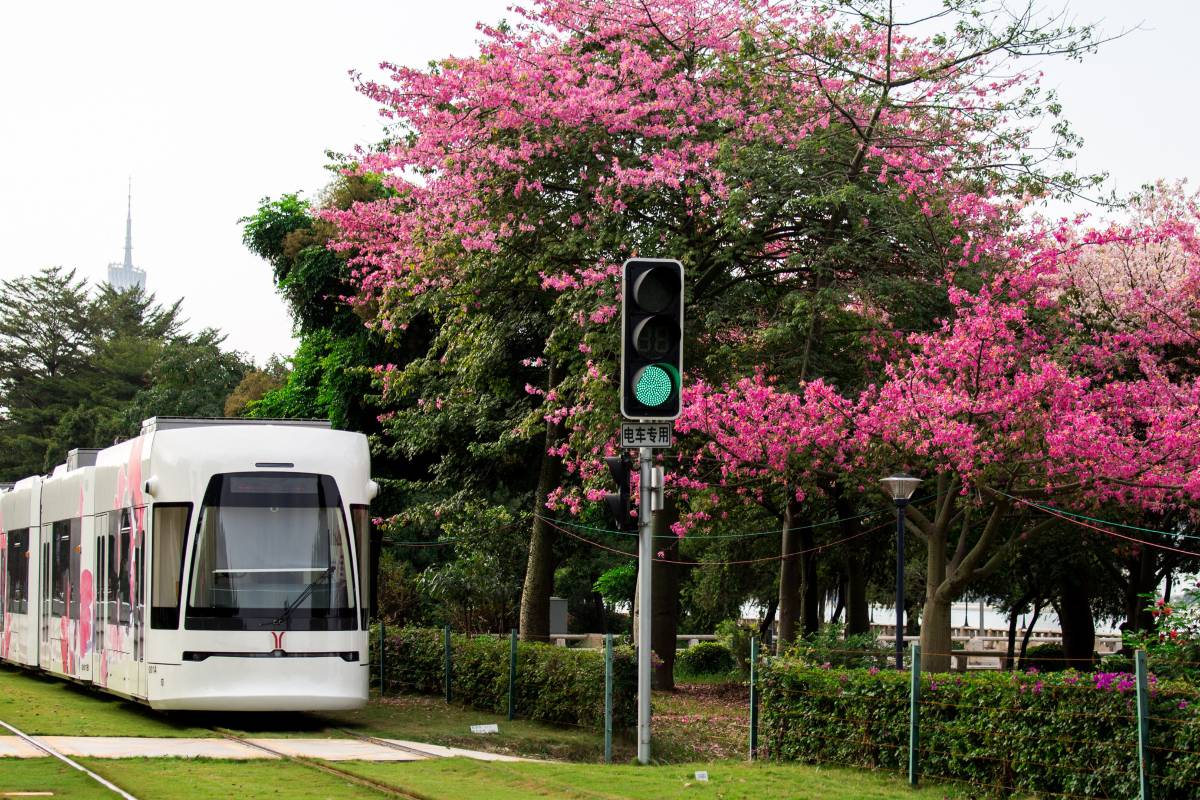
Here's your essential guide to understanding the transportation landscape in China, ensuring your journey is efficient and enjoyable. Whether you're commuting within bustling cities, traveling between provinces, or exploring remote areas, knowing the local transportation options will enhance your travel experience. Let's get started! 🚗🚆✈️
Urban Transportation Options
In major cities, public transportation is both convenient and affordable. The metro systems in cities like Beijing, Shanghai, and Guangzhou are extensive and easy to navigate, with signs and announcements often available in English. Buses are also a viable option, though they can be crowded during peak hours.
Ride-Hailing Services
Didi is the leading ride-hailing app in China, similar to Uber. It's widely used for getting around cities and offers various options, from economy to luxury rides. Download the app before arriving for a seamless experience.
Intercity Travel
For traveling between cities, high-speed trains are the most popular choice. China's rail network is one of the largest and most advanced in the world, offering fast and comfortable travel options. Booking tickets in advance is recommended, especially during holidays.
Air Travel
China has numerous domestic airlines that connect major cities and regions. Airports are modern and efficient, but it's advisable to arrive early due to potential security checks and language barriers.
Bicycle Sharing
Bike-sharing services like Mobike and Ofo are prevalent in urban areas, providing an eco-friendly and convenient way to explore cities. Simply download the app, scan the QR code on the bike, and start riding.
Pro Tips
- Download transportation apps before you arrive to avoid registration delays.
- Consider purchasing a transportation card for metro and bus systems to save time and money.
- Be aware of peak travel times and plan accordingly to avoid crowds.
- If traveling by train, arrive at the station early to navigate security and boarding procedures smoothly.
By understanding these transportation options, you'll be well-equipped to explore China with ease and confidence. Safe travels! 🚴♂️🚉✈️
Cheap flight from Jakarta to Beijing
- Satu Arah
- Pulang-Pergi
- direct cheapest
 CGK01:457h 10mLangsungPEK09:55Jakarta - Beijing|Sen, 23 Mar|Air China (CA)£154£18617% off17% off£186£154
CGK01:457h 10mLangsungPEK09:55Jakarta - Beijing|Sen, 23 Mar|Air China (CA)£154£18617% off17% off£186£154  CGK01:457h 10mLangsungPEK09:55Jakarta - Beijing|Sel, 17 Mar|Air China (CA)£154£18617% off17% off£186£154
CGK01:457h 10mLangsungPEK09:55Jakarta - Beijing|Sel, 17 Mar|Air China (CA)£154£18617% off17% off£186£154 CGK22:1524h 50m2 stopsPKX00:05Jakarta - Beijing|Sel, 5 Mei|Scoot Airlines£114£18639% off39% off£186£114
CGK22:1524h 50m2 stopsPKX00:05Jakarta - Beijing|Sel, 5 Mei|Scoot Airlines£114£18639% off39% off£186£114 JKT1:00 PM3h 5mLangsungBJS2:00 PMJakarta - Beijing|Wed, Mar 4|Air China (CA)Temukan Penerbangan LainnyaTemukan Penerbangan Lainnya
JKT1:00 PM3h 5mLangsungBJS2:00 PMJakarta - Beijing|Wed, Mar 4|Air China (CA)Temukan Penerbangan LainnyaTemukan Penerbangan Lainnya
Harga penerbangan yang ditampilkan dari ${{departCityName}} ke ${{arrivalCityName}} didasarkan pada rata-rata harga berbagai maskapai untuk 3 bulan ke depan, menurut basis data terbaru Trip.com.
8. eSIM, Wi-Fi & Connectivity in China
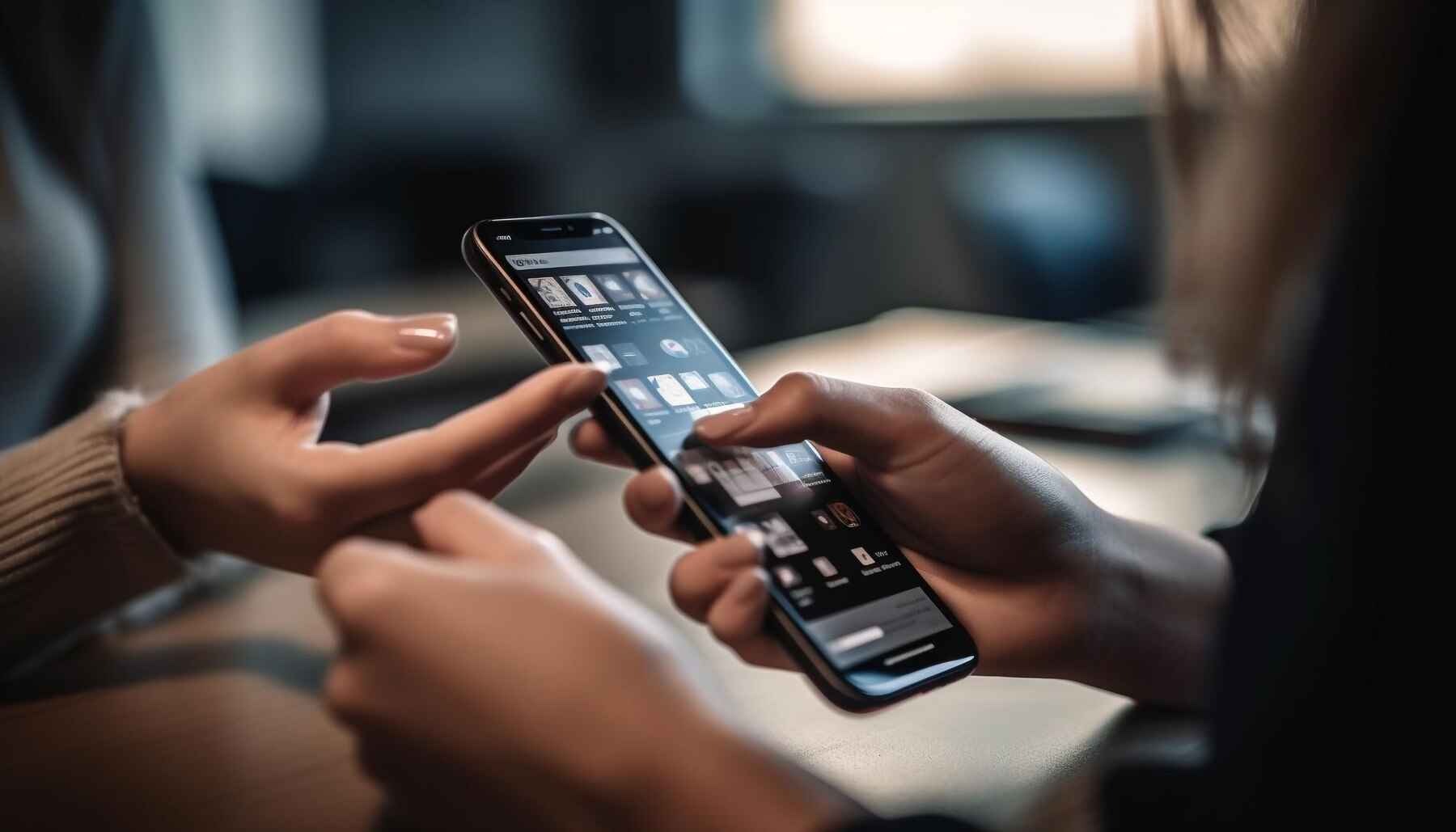
Planning a trip to China and need reliable connectivity? 📱🌍 Here's a practical guide to help you stay connected with ease, whether you're exploring the Great Wall or navigating the bustling streets of Shanghai.
eSIM vs Local SIM Overview
When it comes to staying connected in China, both eSIMs and local SIM cards are viable options. eSIMs offer the convenience of activation before you even land, provided your device supports them and you choose a provider that offers eSIM services for tourists. However, local physical SIM cards are widely available and might be more cost-effective for short trips. They can be easily purchased upon arrival.
Best SIM Providers
- China Mobile: Known for extensive coverage across the country, offering various prepaid options.
- China Unicom: Popular among tourists for its competitive data packages and good urban coverage.
- China Telecom: Offers reliable service with tourist-friendly packages.
Where to Get It
You can purchase SIM cards at airport counters, convenience stores, or official kiosks. Be prepared for passport verification when buying a local SIM. If you prefer to skip the hassle, consider Trip.com’s eSIM options for China, which can be activated before your trip.
Wi-Fi & Internet Access
Wi-Fi is widely available in hotels 🏨, cafes ☕, and some public transport 🚇. However, accessing sites like Google, WhatsApp, and Facebook requires a VPN due to internet restrictions in China. It's wise to download a reliable VPN before your arrival.
Useful Travel Tip
- Download maps or translation packs before arrival 🗺️ to navigate offline.
- Keep a backup option like pocket Wi-Fi for remote areas where coverage might be spotty.
- Trip.com also offers eSIM plans for China—perfect if you want to skip the hassle at the airport!
Recommended eSIM Options for Traveling to China!
3 day - 3GB/day
- Data3GB/day
- Validity3 day
- Pricefrom Rp 64.556
5 day - 20GB
- Data20GB
- Validity5 day
- Pricefrom Rp 136.035
7 day - 20GB
- Data20GB
- Validity7 day
- Pricefrom Rp 147.439
Final Travel Advice & Helpful Links for China
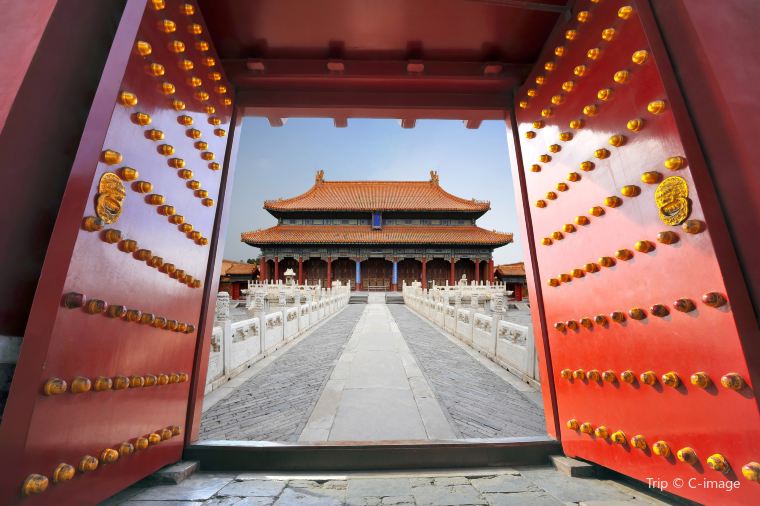
As you prepare for your adventure in China, rest assured that you're well-equipped with all the essential tips and insights. From understanding local customs to navigating connectivity options, these small details will make a big difference in your travel experience. 🧳
China is a vast country with each region offering its own unique charm. Whether you're exploring the historical sites of Beijing or the modern marvels of Shanghai, part of the fun is discovering the little differences and local flavors. Embrace your curiosity and enjoy the journey!
To make your travel planning even smoother, consider exploring:
Have a great trip, and enjoy every moment of your adventure in China! 🌟
FAQs for China Travel Tips
Do I need a visa to travel to China?
Yes, most travelers require a visa to enter China. It's best to apply for a tourist visa (L visa) at a Chinese embassy or consulate in your home country before your trip.What is the best time to visit China?
The best times to visit are during spring (April-May) and autumn (September-October) when the weather is pleasant. These are also popular travel seasons, so expect more tourists.How can I stay connected in China?
You can use a local SIM card or an eSIM for mobile data. Major providers include China Mobile, China Unicom, and China Telecom. Wi-Fi is widely available in hotels and cafes, but a VPN is needed to access sites like Google and Facebook.What are some cultural etiquette tips I should know?
Remove shoes before entering a home. Use both hands to give or receive items. Avoid public displays of affection. Be respectful and polite, especially to elders.Is it safe to drink tap water in China?
It's advisable to drink bottled or boiled water. Tap water is not typically safe for drinking without boiling.What currency is used in China, and can I use credit cards?
The currency is the Chinese Yuan (CNY or RMB). Credit cards are accepted in major cities and tourist areas, but it's wise to carry cash for smaller establishments.



 634 booked
634 booked















